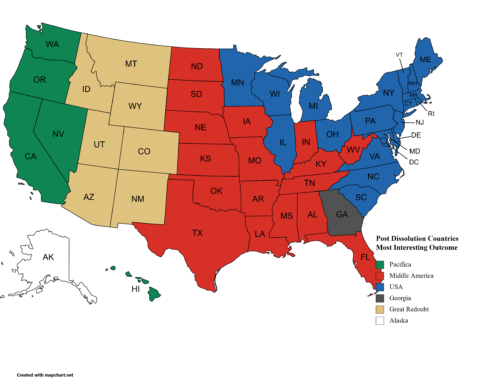In a Christmas Day release from The National Interest, (retired Army General) Tom Spoehr makes a passionate case that the upcoming audit of the Defense Department is unnecessary and potentially wasteful. Sadly, this Op-Ed column is riddled with straw man arguments, false trails and magic pixie dust to deflect the targeted reader, in this case, Congress, from the genuine purpose of any audit of the Department of Defense: instilling public trust in the processes of those charged with spending the money and ensuring a proper return on that money.
Spoehr begins by commending the DoD “for the hard work to get to this point.” That in itself is hooey. DoD has institutionally resisted such an audit since it was established in 1947. The “hard work” has been in the resistance at every level to genuine audits of where our money goes and how it is spent. As a young officer, I saw how program dollars went to pay or everything from conferences to motivational posters on the walls of the program office to program personnel using program dollars to stay in nice hotels and pay exorbitant overtime to contractors to patch together obvious system flaws just ahead of demonstrations to senior generals and congressional staffers. As a senior officer working in acquisition and program management oversight, I saw another level of program senior leaders hiding the problems of their programs while being particularly friendly with their contractors only to turn around to be hired by those contractors in very lucrative second careers (in different programs, of course…).
Spoehr says that since DoD is not a financial institution, there is “no corresponding need” for an annual financial audit. This from a federal department in which any attempt to gain insight into the workings of programs is met by resistance ranging from need-to-know restrictions, to denied clearances, to threats of espionage investigation against those who raise flags. Amazingly, Spoehr argues that an audit would cost $847 million dollars, the equivalent of 8 F-35 fighter jets, a program which itself has been beset by problems begging or audits. He tries to say that because ships are colliding at sea, the services are crippled with maintenance backlogs and shortages, we should not spend money for this audit. Those problems are caused by poor leadership decisions which the audit, if allowed to proceed, ought to uncover.
Corporations, small businesses, non-profits, and whole federal departments ought to embrace audits because of the trust that a clean bill of health gives to investors, clients and workers. Who would want to put their money in a bank who resisted audits or who had a long list of findings from their last audit? Who wants to work in a factory that cannot pass a safety audit? What citizen has confidence in their government to defend them if their military can’t generate half of it’s Air Force, or whose ship drivers cannot navigate in crowded shipping lanes, or whose Army doesn’t have sufficient armaments or equipment to fight a major war?
No, sorry. Zero-based budgeting, good management, and continuous process improvement are in no way substitutes for outside observers, honest brokers without a stake in the outcome, auditing work processes, financials, and leadership decisions. Leaders who are confident in their decisions and processes build trust in their products. Leaders who make excuses and explain away why they shouldn’t be audited are more often than not hiding something. And please don’t start with classified programs of confidential financial matters. There are always auditors that are cleared into programs or that can be cleared into them. If you want to show that you are clean and give your creditors, investors and work force confidence, then find a way to give auditors access.
We’ve discussed in the past the need for transparency. The regularly scheduled audit is the vehicle by which transparency is practiced and trust is built.
Keep thinking…






Leave A Comment